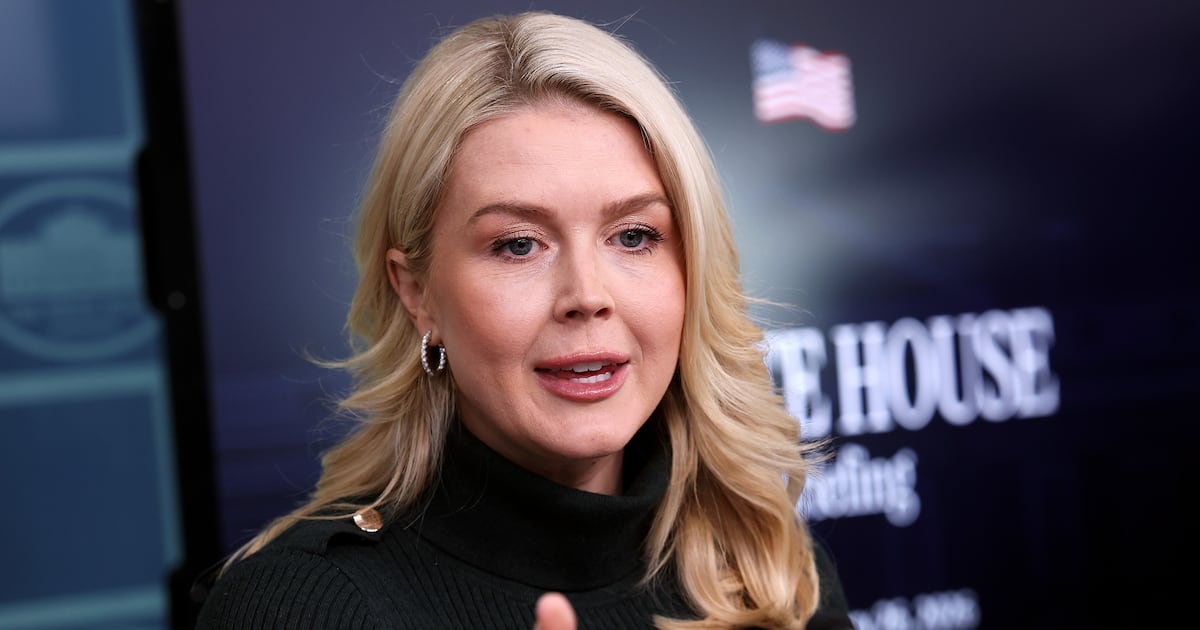The weekend before I began to shelter-in-place, back when the idea of a coronavirus quarantine seemed like a two-week novelty, I skipped out on the birthday of a friend’s friend. I just wanted to stay home. There would be more nights out, I rationalized to myself while I tore into a family-size box of Cheez-Its. More than a month later, my body has congealed onto my couch, and if I’m ever able to get off of it, I promise to never miss another party again.
But until we’re able to safely gather, I will happily continue to flake on Zoom plans. That’s not to say I don’t enjoy all the virtual happy hours, meditations, jam sessions, and brownie baking competitions I’ve attended in the past few weeks. I’m just tired, and I’ve reached the point in this new normal where I’d rather stare at my ceiling than watch another person Instagram live their backyard banjo playing.
But getting out of plans isn’t so easy anymore. In the past, we had other things to do. Now we don’t. We can’t fake sick in the middle of a pandemic. “I’m tired” used to suffice if you wanted to slink out of something. But now everyone’s tired. Get over it, click a button, and go talk to the people on your computer screens.
So how do we do it? “I have to call my mom,” has become my go-to for declining invitations. A childhood friend who happens to be a new mother told me she uses her babies as shields from unwanted hangouts. (“Sorry, I just put the twins to bed.”) A close pal told me that she ends bad virtual first dates by saying she has to go make dinner, or shower, depending on whatever mental image she wants to leave them with.
Lizzie Post, the great-great-granddaughter of Emily Post and co-president of the famed manners expert’s eponymous institute, told me that I don’t need to do any explanation gymnastics to cartwheel away from plans.
“From an etiquette standpoint, you don’t have to give a reason [for declining],” Post said. “You can simply say no. Do it politely, but you don’t have to give anything beyond, ‘Sorry, won’t be able to make it.’ You can say you don’t feel up to it if you want, but that’s a reason.”
In fact, lying about having something else to do can sometimes backfire, or give your host a reason to delay their improv show just so you can make it. “When you say you have another obligation, you run the danger of them counterproposing,” said Jodi Smith, the president of Mannersmith Etiquette Consulting. “If you tell them you’re busy on Saturday night, they could say, ‘No problem, let’s do next Saturday.’”
Jacqueline Whitmore, founder of the Protocol School of Palm Beach, agreed that she won’t endorse fibbing. “If you feel guilty about declining an invitation, just say it,” she said. “You can say, ‘I really have to look after myself right now,’ or ‘I need some space right now to get some things done around the house.’ They don’t have to know what you’re doing around the house. You could just be sleeping.”
Tori, a 27-year-old who lives in Quebec and asked to keep her last name private, feels “overwhelmed” by all the ways to keep in touch. She doesn’t know how to get out of them. “I’m a terrible liar, even digitally,” Tori said. “I wouldn’t be able to play it cool.”
So she and her good friends have developed a system. Rather than plan happy hours days in advance, they just talk in a group chat. When someone’s having a really bad day, they’ll let everyone know it’s time for a virtual glass of wine together.
“It’s a more natural conversation,” Tori said. “This is the new normal. Even after this pandemic, it would be great to keep seeing them more [through online chats].”
Taylor Tambolleo, 21, is a college student who lives in Massachusetts. She’s lost patience for hangouts that turn into group complaining circles.
“I know that everyone’s going through their own difficult time, but when you’re personally trying to stay positive about the situation, nothing is more mood-drawing than Zoom drinks with friends who complain about their boyfriends or homework when there are people dying,” she said. “If we’re going to have to jump on Zoom, or if I’m going to have to pause Netflix for the first time in the entire day, I don’t want to have to console other people. I’m already consoling myself.”
The first week of quarantine, Tambolleo kept a stacked itinerary of phone calls and online hangs. She didn’t want to be “alone with her thoughts.” Now, she mostly just texts friends. When she’s invited to Zoom chats, she’ll say she’s busy, or just not respond. These days, her go-to excuse is that she needs to shower, or that her mom is in the next room.
“I’ll say I’m going to take a nap or have a ton of work to do,” Tambolleo said. “I’m running out of excuses as this quarantine goes longer. Hopefully, I’ll get more creative.” Or, as the experts advise, more honest.







